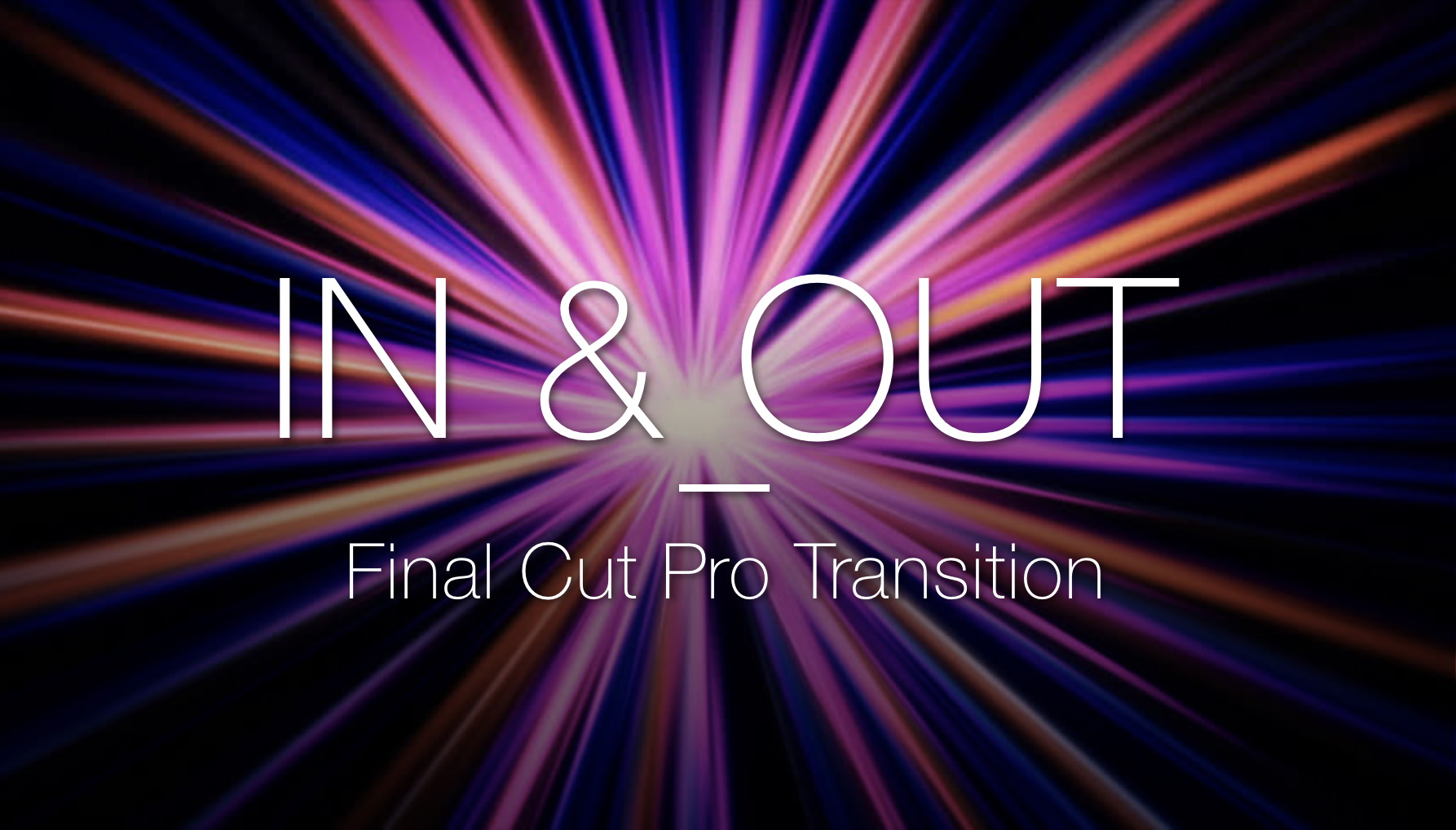
- #FINAL CUT PRO ZOOM IN ON CLIP HOW TO#
- #FINAL CUT PRO ZOOM IN ON CLIP PRO#
- #FINAL CUT PRO ZOOM IN ON CLIP SERIES#
To do this, Hit the back arrow in the Scale keyframe. Before I change the Position value, I need to add another keyframe at the beginning of the zoom sequence because the position is good in the beginning.Again, I hit the stopwatch to create a keyframe. However, the position isn’t quite right for me yet, so I’m going to set another keyframe for Position. At this point, I will increase the Scale parameter to the zoom amount that I want.I will then set the time to 00:00:02:00 and hit the diamond icon to set another keyframe.Hit the stopwatch to create your first keyframe for Scale.Change the time stamp to where you want your zoom to begin.If it isn’t showing, go to Window > and check Effect Controls. When selected, the Effect Controls Panel should pop up.
#FINAL CUT PRO ZOOM IN ON CLIP PRO#
#2 Method: Zoom in Premiere Pro with Scale and Position
#FINAL CUT PRO ZOOM IN ON CLIP HOW TO#
I will show you how to do zoom manually using keyframes. Related: Final Cut Pro vs Premiere Pro | The Ultimate Battle (2023) Zoom in with Key Frames on a Clip You make the image bigger, and it crops within the frame to give you the appearance of a zoomed-in effect. Now, when we talk about zooming, what we are actually doing is scaling the image up.

With all of that in mind, this film is definitely one that would be fun to add zooms to. Having two couples with completely different outlooks on their relationships creates a lot of tension and high stakes scenarios. In this article, I will use images from our short film “We Need To Talk.” This film is about two couples with very different perspectives and agendas counting down the New Year.

This film uses a lot of zooms for comedic relief which is one of the greatest ways to use zooms in your films. Then we zoom in quickly and are dropped right back into the action.
#FINAL CUT PRO ZOOM IN ON CLIP SERIES#
Kronk catches him right at the last second, which sets us up in a series of “hard cut zoom-outs” until we reach the chimp and the bug. Who doesn’t love to laugh when it’s least expected? The shot starts out with Kronk chasing Kuzco, who’s in a nap sack, and he is about to fall down one of the waterfalls at the palace.

In this case, it is used as comedic relief. Lord of the RingsĪnother great example of a zoom shot, which also happens to be my favorite, is in Disney’s “The Emperor’s New Groove”. Now let’s jump into a few examples for zooms that occur in some major films. That is the last thing we want! While zooms can be super fun to use, we want to make sure we don’t overdo it, unless there is a reason. Adding a zoom without any reason can confuse the viewer and leave them wondering what they should be paying attention to or what they might have missed. While using zooms can add flare to your project, especially when using them for emphasis, it’s important that we have motivation for using them in the first place.

After all, you want to make things more interesting and draw your viewer’s eyes to the good stuff! They can also be added as an establishing shot to visually place your viewer at the right time and space. Whether you need to draw attention to something important like emotion or a door left unlocked, adding zoom can captivate your audience and keep them along for the ride. The whole point of camera zoom is to quickly grab your attention by zooming in on the subject in the frame. 5) And That’s How To Slow Zoom in Final Cut Pro Why Add Zooms?


 0 kommentar(er)
0 kommentar(er)
